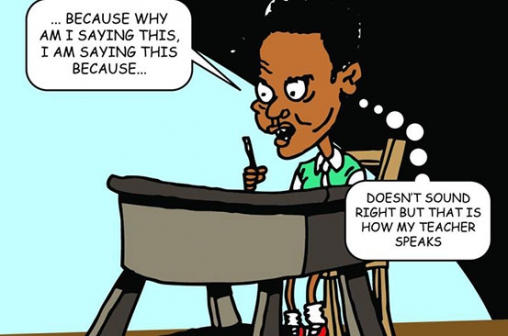
NAIROBI: After a long time, I read compositions by high school students, Form Fours. Some were good while others were nothing to write home about. This was expected, though — talk of the normal curve. What I was most interested in was the creativity and ability to put self-expression to use, and the themes that ran through the students’ narratives. As it were, the learners reflected what is happening in our society today, from corruption to excessive consumption of resources; from abductions to the abdication of duty. Then I noticed something in many manuscripts by young writers — words that constrict one’s writing and ungainly use of language. The use of unnecessary words at an early age affects writing at later stages. This is the reason we must mind our language.







